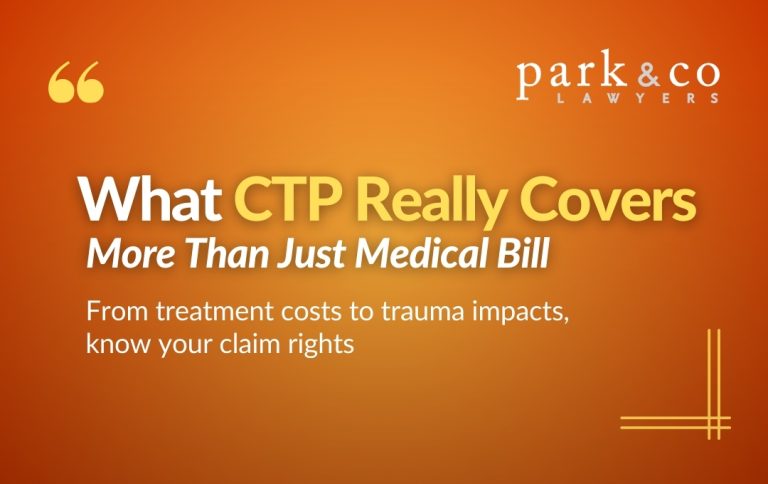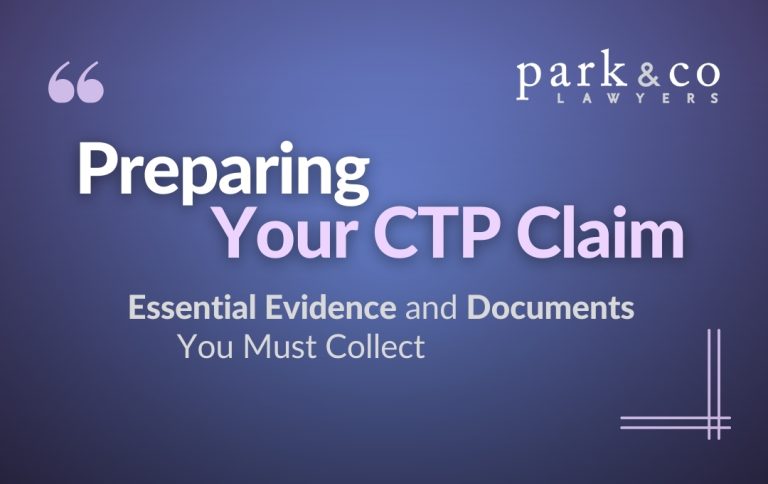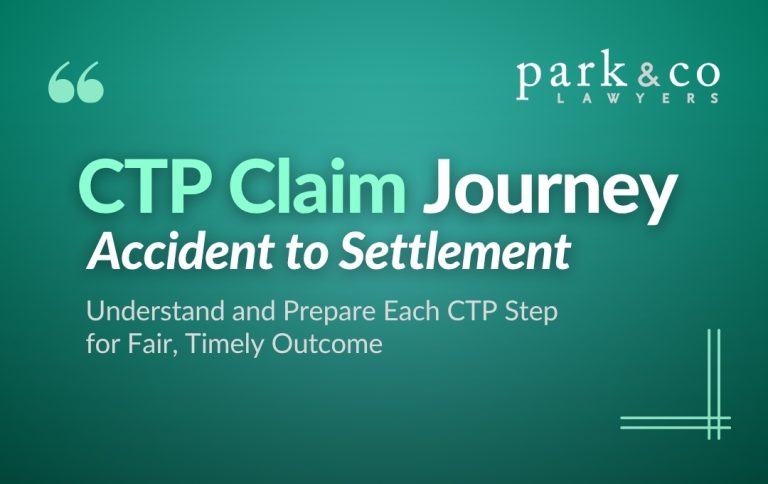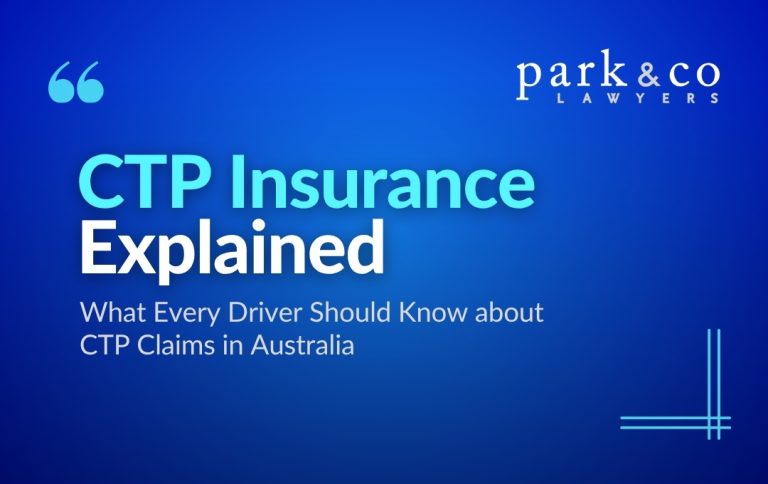If the Australian government refuses your visa application, you will receive a letter stating the reasons for this decision, which is called a notification of refusal with a decision record. If your application is refused, you must wisely decide whether to file an application for merits review with the AAT. Not to mention, the decision to file a review request must be accompanied by a thorough analysis of the refusal decision and preparation to challenge the original decision.
What Can You Do to Deal with a Visa Refusal?
What Is a Visa Refusal?
Unless you are an Australian citizen, you will need a visa to visit Australia regardless of your social status. There are many types of visas, each with its own requirements: temporary and permanent, with dozens of sub-classes. A person must choose a specific visa and provide the appropriate documentation to meet the requirements for their chosen visa. Let us say you have chosen one type of visa and applied for the visa. Based on your application and the documents you submitted, the Australian government will consider your application. A visa refusal is a decision by which the Australian government refuses to grant you a visa.
Why Is Visa Application Refused?
This can happen for many reasons, the most common of which are:
- You do not meet the health requirements for Australia.
- You have not provided sufficient evidence that you meet the required visa criteria, such as your skills or work experience.
- You have not provided sufficient evidence of your current employment status or financial situation, or if you have provided it, it is insufficient.
The actual terminology used in the legislation is a refusal of a visa application, but most people use the term rejection or denial interchangeably.
Recent data indicates that the most notorious reasons for visa refusal are as follows:
- You have been convicted of a crime that violates the law of another country (the Australian government will not issue a visa to anyone with a substantial criminal record).
- You suffer from a medical condition that could affect public health.
- You are likely to be a burden to Australian society because of your medical condition.
- You have no intention of leaving Australia at the end of your stay.
- You have provided false or misleading information concerning your former or present visa application.
As you can easily understand, the final decision on a visa application is either a grant or a refusal. Unless you withdraw your application before a final decision is made, that’s it.
A visa decision is an administrative decision in which a decision maker carefully applies the visa criteria (the law) to your visa application. If your visa application or evidence does not satisfy the visa criteria, the decision maker must refuse your application. If, on the other hand, he or she is satisfied that your application meets all visa requirements, it will be granted. As such, the final decision on a visa application solely relies on the applicant’s satisfaction with the criteria stipulated in immigration law.
Statistically, the visa refusal rate is not very high. However low it may be, if your visa application is refused, the consequences are devastating.

What Are Your Options If Your Visa Is Refused?
If the evidence you provide is not strong enough, the decision maker will refuse your application, not because they think you are lying, but because you did not provide enough evidence. The refusal of a visa application is not the end of your visa application; you may be able to file a new application. If you decide to reapply, you will need to re-examine your application and supporting evidence. Therefore, it is important that you have submitted your application correctly from the beginning.
A visa refusal does not always mean that you cannot enter Australia at all. Rather, a visa refusal does not mean that you are not welcome in Australia. It simply means that your particular application does not meet the relevant visa criteria at that time. Nothing more, nothing less. Therefore, it may be worthwhile to file a new application and appeal if that option is available to you.
Suppose You Applied for a Visa in Australia, What Would Happen If the Visa Was Refused?
If the Australian government refuses your visa application, you will receive a letter stating the reasons for this decision, which is called a notification of refusal with a decision record. The letter will also include instructions on what you can do next. You can appeal the decision if you think it is wrong and you were allowed to do so. Generally speaking, visa refusals concerning visa applications made in Australia will allow for merits review. Otherwise, it all depends on whether there was a sponsor such as an employer or a family member.
If you have decided to request a review on its merits, you should know that there is a strict deadline for filing such a request for review. Generally, this deadline is 21 days from the date you receive the refusal notice. However, you must read the decision documents carefully, as they provide the exact details of the deadline and how you can file a review request. Given the complexity of Australian immigration law, depending upon the nature of the visa-related decision, the time limit may vary from a decision to decision.
Please be aware that, in case of a visa refusal, the expiry date of your bridging visa will be associated with that decision. This will make it possible that you overlook the validity of your bridging visa period and overstay. As such, you will have to pay attention to not overstaying in Australia, otherwise, you might be subject to a three-year entry ban.
A request for review on the merits before the Administrative Appeals Tribunal (AAT) is a new decision made by a member of the tribunal. Therefore, it is recommended that you thoroughly analyse the original refusal and prepare additional documentation and testimony, if any, in support of your application and claim.
If the request for review is successful, the AAT will make a decision with a favourable direction, i.e., an affirmative direction to the Department to comply. This does not mean that the Department will automatically grant you the visa you applied for, as the instruction usually refers only to the reason for refusal. Accordingly, the other assessment criteria will be re-examined by the Ministry’s case officer and, depending on the outcome, a final decision may be made on your visa application.
Free Assessment Service
Visa Emergency
Our team of Immigration Law experts diagnose your visa situation, and advise you of what immediate action is needed to save your visa or application.
Find out moreConclusion
The Department of Home Affairs does not have to give you endless opportunities to correct errors in your visa application. Rather, the law allows them to make a decision based on your application and supporting evidence. If possible, it is best to prevent a refusal first. To do this, you must have a thorough understanding of the legal requirements for the visa and work with your legal counsel in preparing your application.
If your application is refused, you must wisely decide whether to file an application for merits review with the AAT. Not to mention, the decision to file a review request must be accompanied by a thorough analysis of the refusal decision and preparation to challenge the original decision.
Park & Co Lawyers offers paid and unpaid online immigration online consultation services. You can make an inquiry regarding all your visa problems at https://form.jotform.com/220391121528851
Written by Chang Park
If you have any enquiries, contact Chang at [email protected].
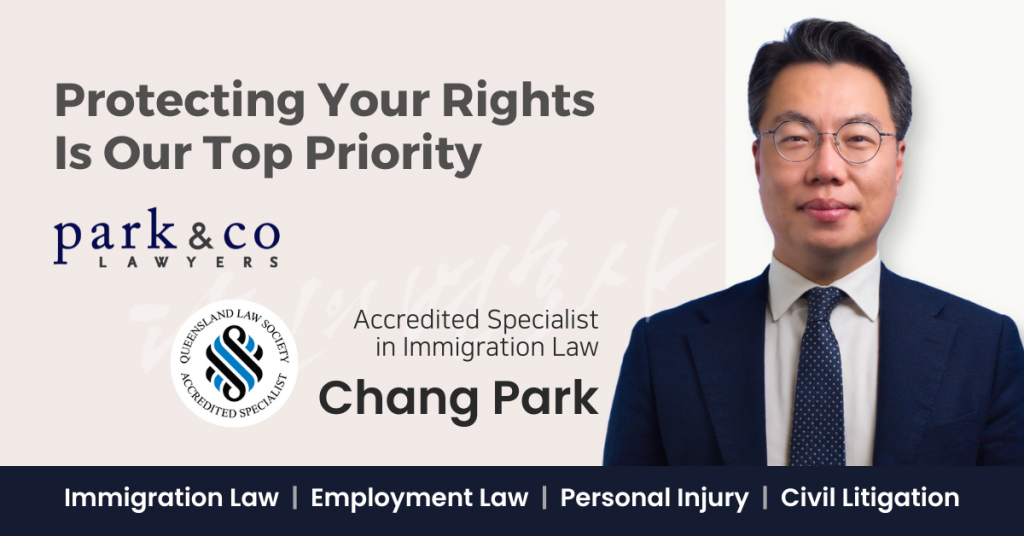
[ Park & Co Lawyers – Disclaimer ]
Please note that the above is to be taken as a general guide only, and does not constitute legal advice in any respect. It does not reflect any changes in the relevant law or authorities since the date of publication.
Our Team of Immigration Lawyers, led by Chang Min Park, an Accredited Specialist in Immigration Law, have many years of experience and have handled a wide range of complex cases.
We always welcome your enquiries, and we are more than happy to assist you.
Contact us: 07 3345 6665 / [email protected]
Website: https://parklawyers.com.au


